Renewable Energy
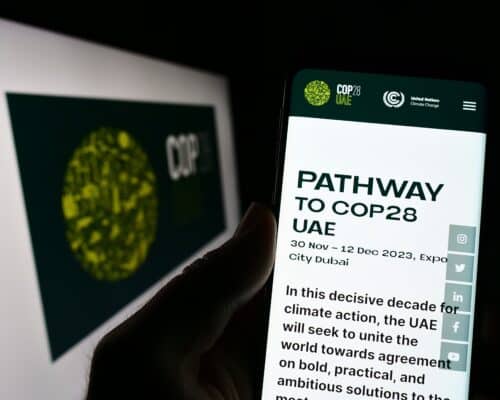
COP28 Climate Finance Day Nets USD 12.5 Billion in Pledges
Day five of the COP28 summit in Dubai started shaky, as reports broke over summit president Sultan Al Jaber’s earlier anti-fossil fuel phaseout comments. However, by the end of the day, significant progress had been made regarding climate change funding, setting the pace with at least 40 different financial pledges.
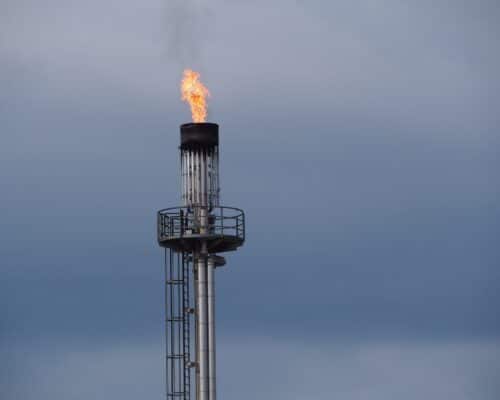
The IEA’s World Energy Outlook 2023: Global and Asian Gas Demand to Peak by 2030
The International Energy Agency (IEA) reports that while clean energy adoption is accelerating rapidly, current policies will still push global warming to 2.4°C, far beyond the Paris Agreement's target. Global leaders must make COP28 count by pledging to achieve the IEA's five pillars for getting back on track.
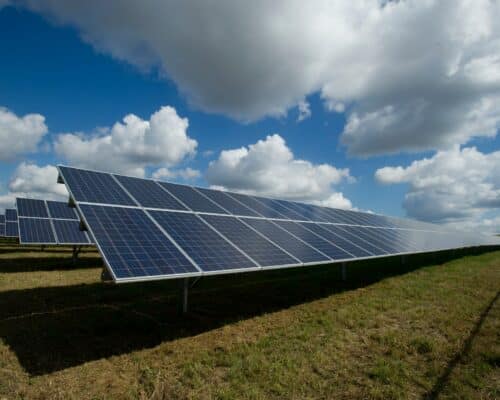
Southeast Asia Prefers Renewables, But Misplaced Fears of High Costs Delay Adoption
Southeast Asia has immense clean energy potential, and experts estimate that capitalising on it will unlock massive gains. With renewables being the cheapest source of new power in countries comprising two-thirds of the global population and responsible for 90% of electricity generation, switching to renewables will help Southeast Asian countries ease the burden of fossil fuel subsidies on their economies.

IEA: Urgent and Joint Action Needed To Keep the 1.5°C Target Alive
The IEA's latest report is clear: global leaders either take urgent and collective action now or miss the 1.5°C target.
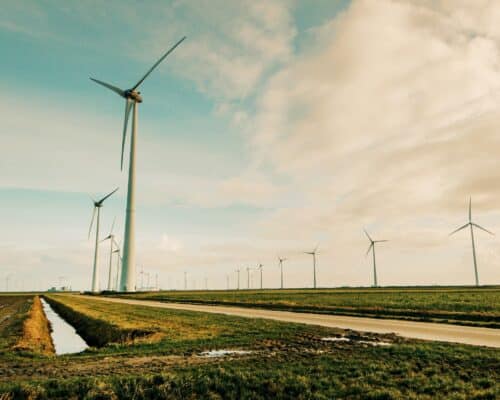
Breakthrough Agenda 2023: Cooperation Key to Advancing Clean Technologies
The clean energy transition is advancing but not at a pace adequate for a net-zero scenario. The Breakthrough Agenda Report 2023 recommends governments strengthen collaboration and ease regulatory burdens to accelerate clean technology deployment.
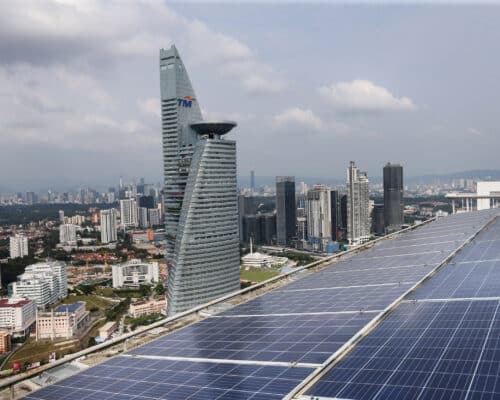
A Bumpy Road Ahead for Malaysia’s Net-zero 2050 Ambitions
With diminishing oil and gas resources, costly fossil fuel subsidies and rising sea levels and temperatures, the pressure is on for Malaysia to pursue its net-zero targets.
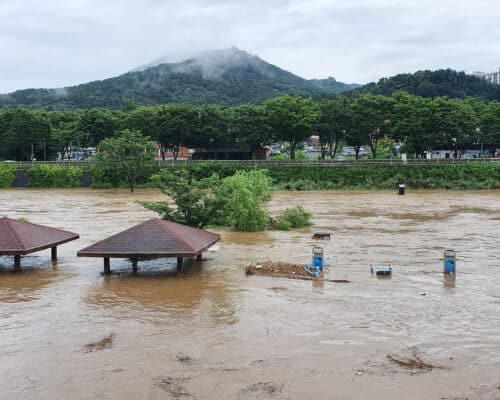
Climate Change in South Korea: Floods, Heat and Looking Away
South Korea's strategy to address climate change's impacts is reactive, not proactive, while its newly adopted policies and upcoming plans continue to undermine renewables.
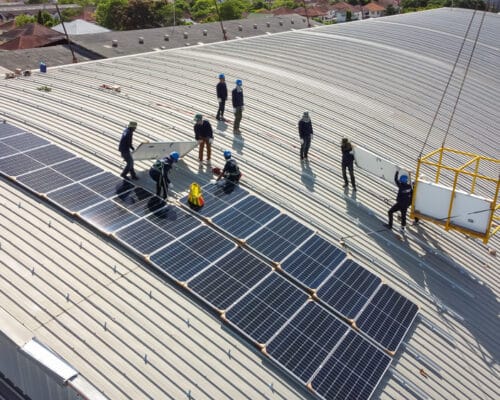
Malaysia’s Renewable Energy Push and Goals
Energy Insights speaks with Kian Min Low, the Chief Renewables Officer at Malaysian renewable energy company Gentari.

Heatwaves in 2023: A Glimpse Into the Future of Climate Change
The G20 Summit, the UN Climate Ambition Summit and COP28 are just some of the opportunities to seal the fate of fossil fuels.

The G20 Energy Transitions Working Group: A Wasted Opportunity For Progress
The G20 ETWG became the latest conference that failed to produce meaningful fossil fuel phaseout progress.

How Solving Energy Poverty Will Boost Health and Climate Goals
We speak with Sugandha Srivastav of Oxford University about energy poverty, access and developmental economics.
Renewable Energy Investing Needs in 2023
The clean energy transition needs private capital that works in concert with favourable policies, regulations, decarbonisation goals and green capital market development.
Oil Market Forecast 2023: Oil To Peak and Renewables To Accelerate
While the oil market for combustion purposes is likely to peak by 2028, according to the IEA, the Asia-Pacific region will continue to push global oil demand. But, with oil demand declining, will developing Asia continue to lock itself into a carbon-intensive future?
Most Popular
Categories
-
9
-
33
-
126
-
4
-
17
-
43
-
52
-
11
-
10
-
15
-
24
-
6
-
6
-
250
-
196
-
14
-
23
-
1
-
1
-
23
-
38
-
42
-
84
-
18
-
82
-
41
-
17
-
10
-
40
-
43
-
86
-
284
-
21
-
40
-
35
-
10
-
41
-
36


